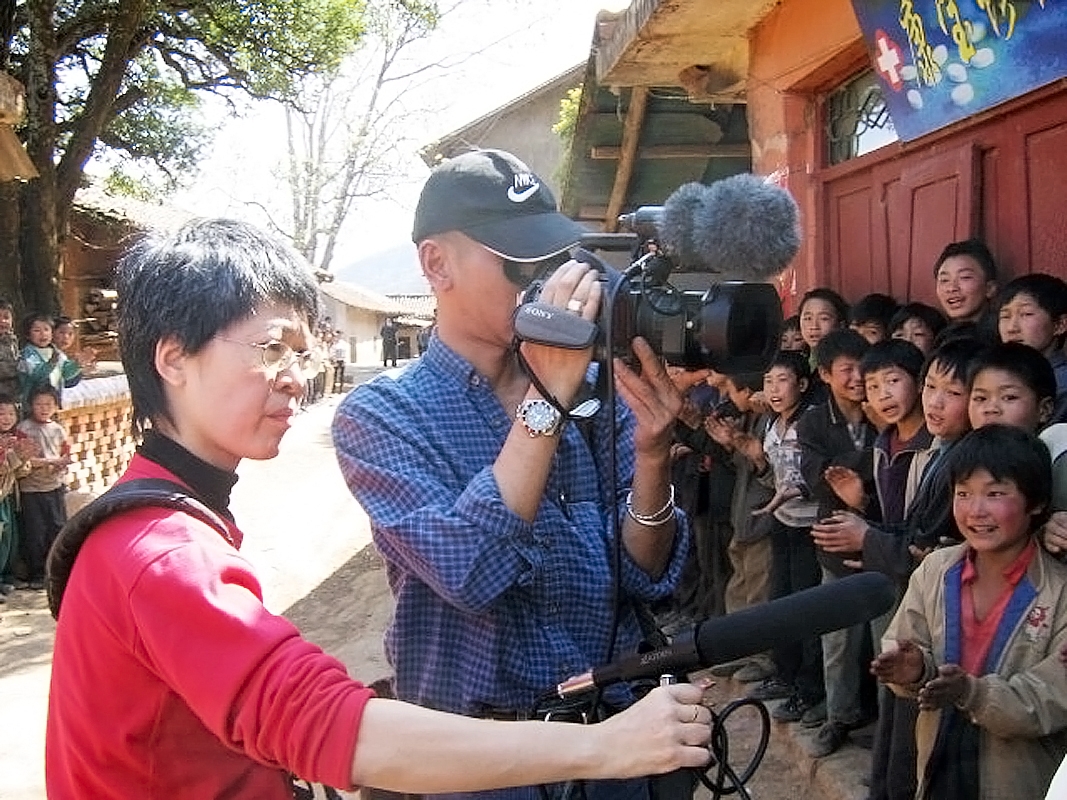Varsity peeks into the life of homegrown independent director.
Reporter: Nectar Gan
The office is small and cramped. Several tables are stuffed into the space and the shelves overflow with books. Amidst the jumble of paper and books, Tammy Cheung Hung discusses details of an overseas collaboration with her colleagues.
Cheung is one of the leading figures in Hong Kong’s independent documentary circle. She has directed nine documentaries to date and founded Visible Record Limited, which specialises in the distribution and promotion of documentaries.
Cheung’s documentaries touch on various social issues in Hong Kong, such as education and the elderly. Her first documentary, 1999’s Invisible Women follows the lives of three ethnic Indian women in Hong Kong. In the film, Cheung explores gender inequalities and looks at the lives of ethnic minorities in Hong Kong.
Invisible Women announced Cheung’s arrival as a local documentary-maker but she only decided to focus on a full-time filmmaking career in 2002, three years after her debut.
Born in Shanghai and brought up in Hong Kong, Cheung had never thought of being a filmmaker. Her childhood aspiration was to be a social worker, but she gave up on the idea because she thought it would be too tough a job to handle.
She has had a varied work life as a prison guard, teacher and a translator for a bank before finally settling down as a full-time documentary filmmaker in Hong Kong. Of her decision to become a filmmaker, she says: “My attitude back then was just to have fun and try it out first.” She was not too worried about failure. “It didn’t matter because I could always go back to my old job [in a bank].”
Cheung’s twin passions are film and social affairs. The latter drove her to study sociology at Hong Kong Shue Yan College (now University), while the former led her to study film in Canada.
The love of film was kindled before Cheung left for Canada. She chanced upon Japanese director Nagisa Oshima’s film Merry Christmas, Mr. Lawrence starring David Bowie and was blown away by it. It dawned on her how powerful visual communication was and how underlying problems in society could be highlighted through film. She hoped to one day inspire people, the way the film had inspired her.







































